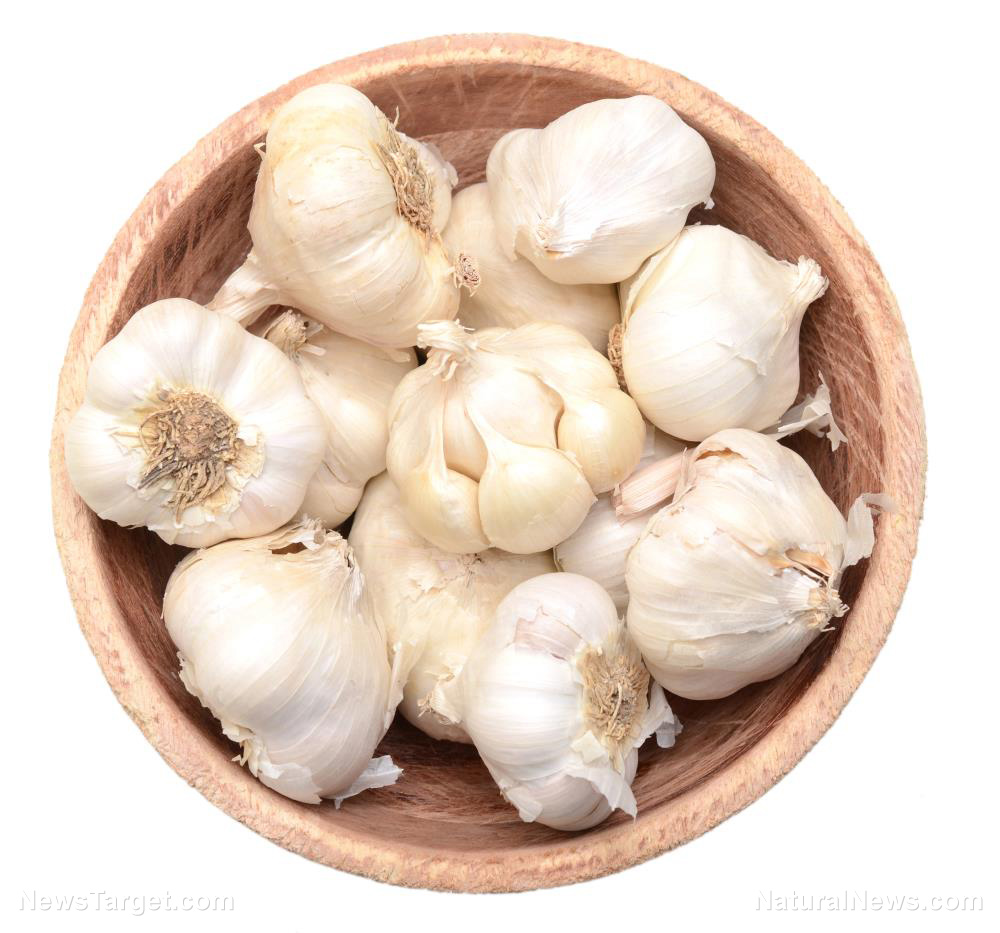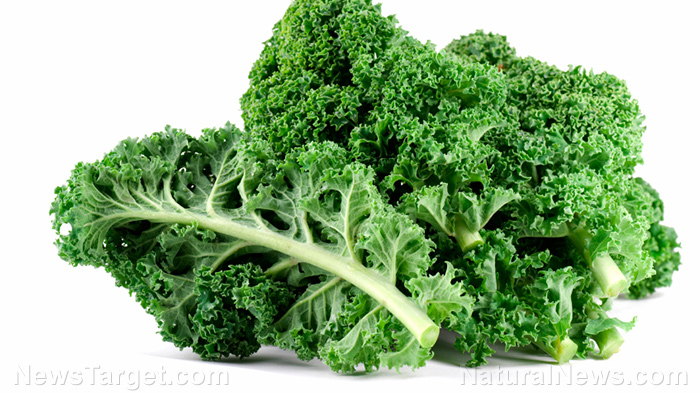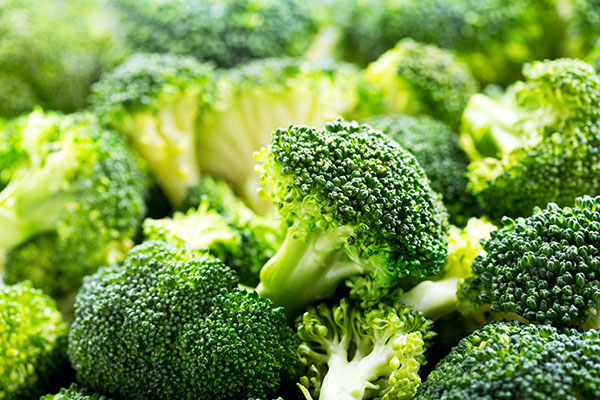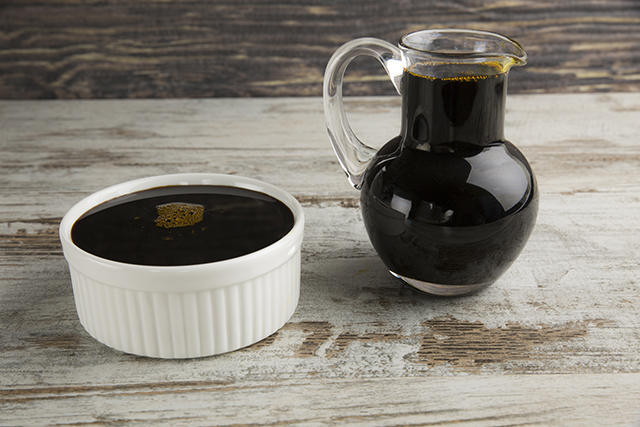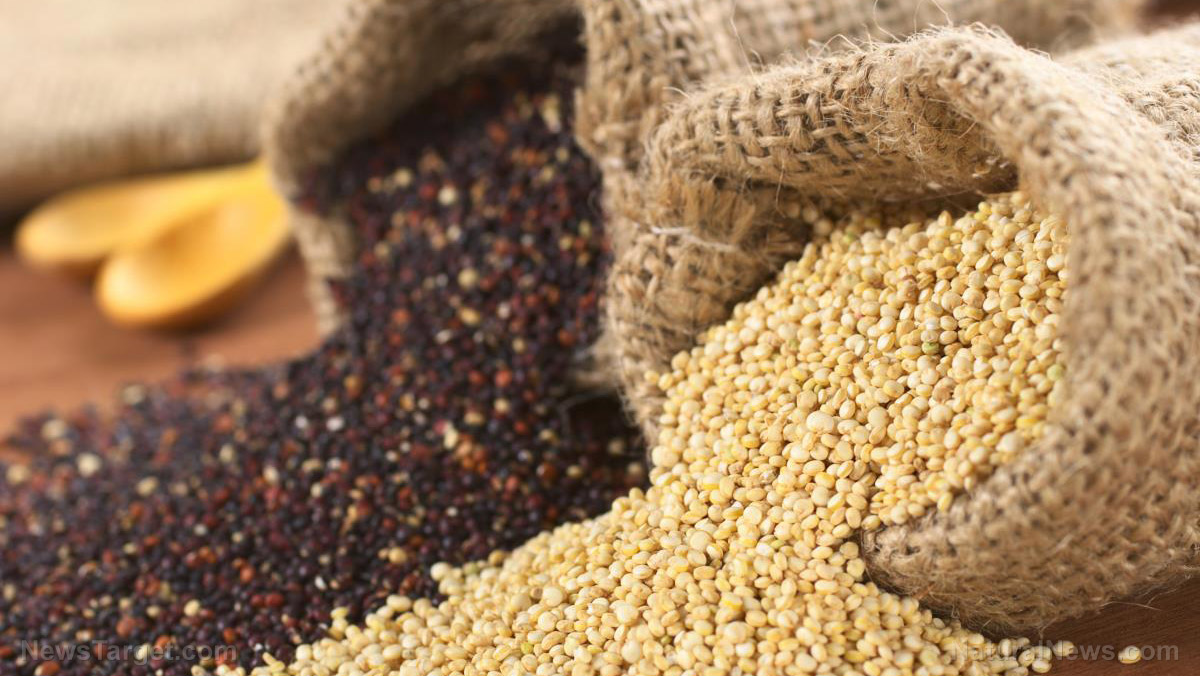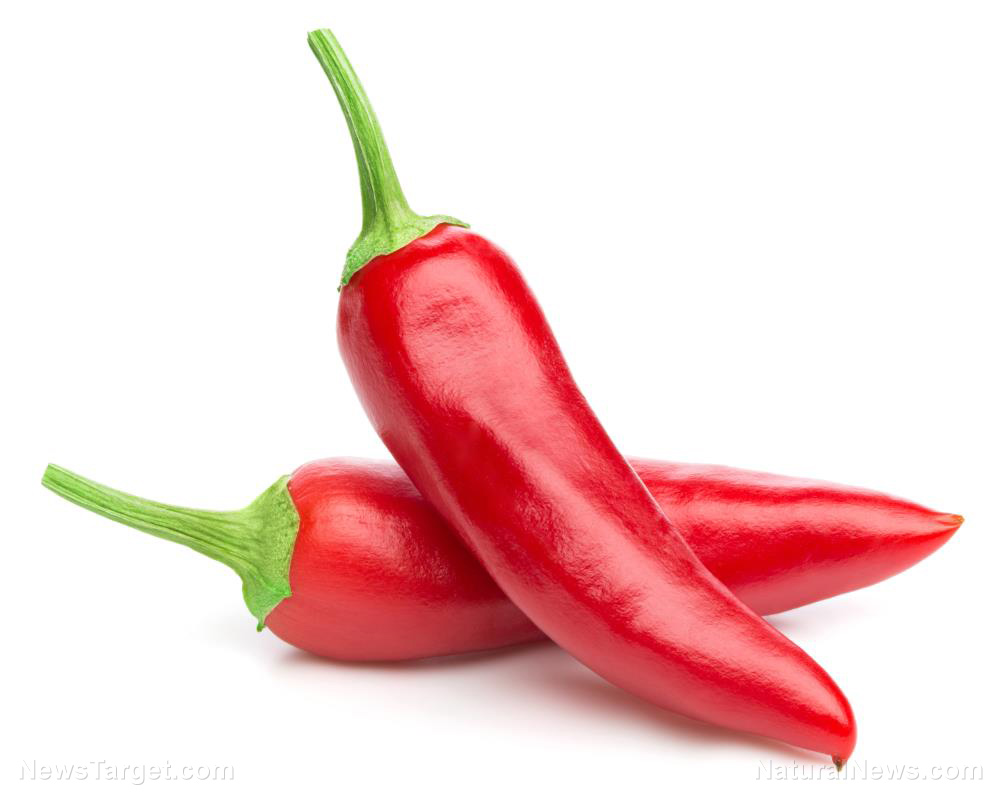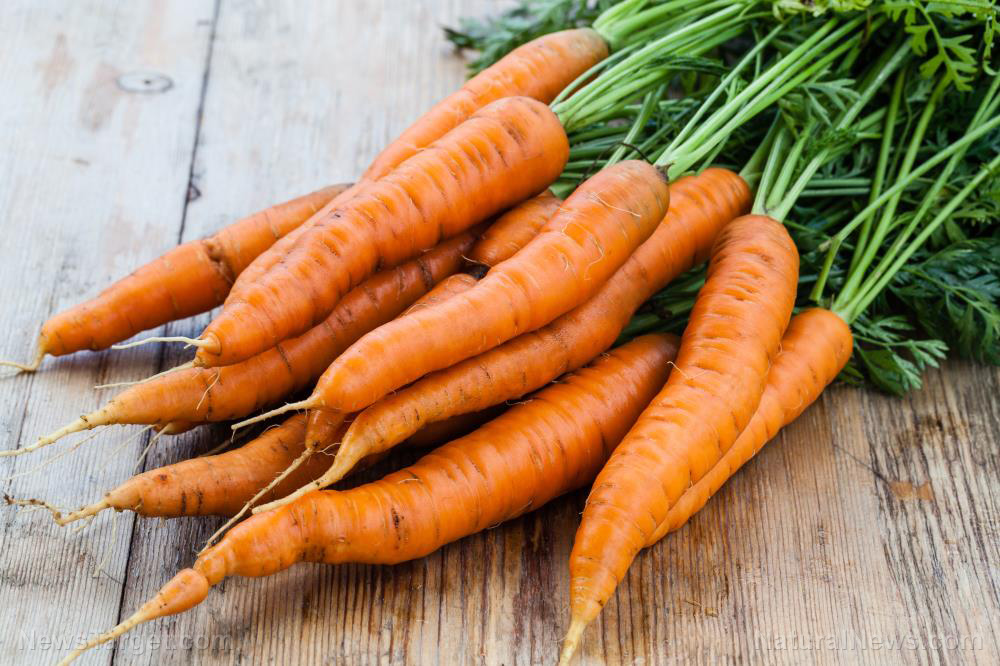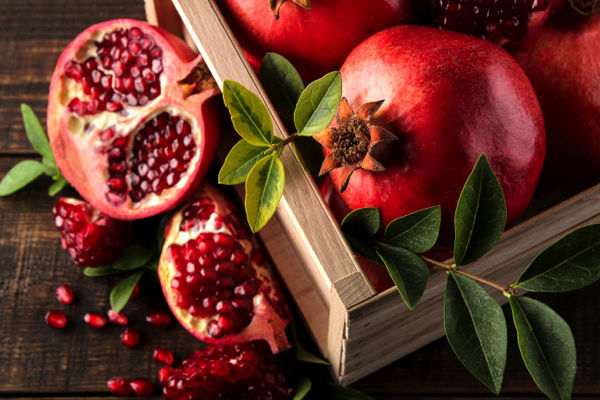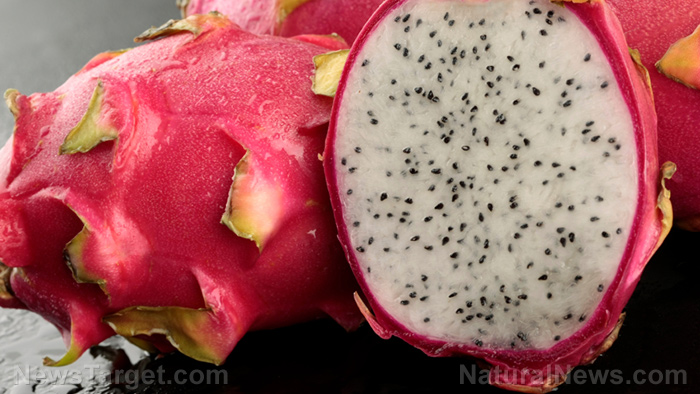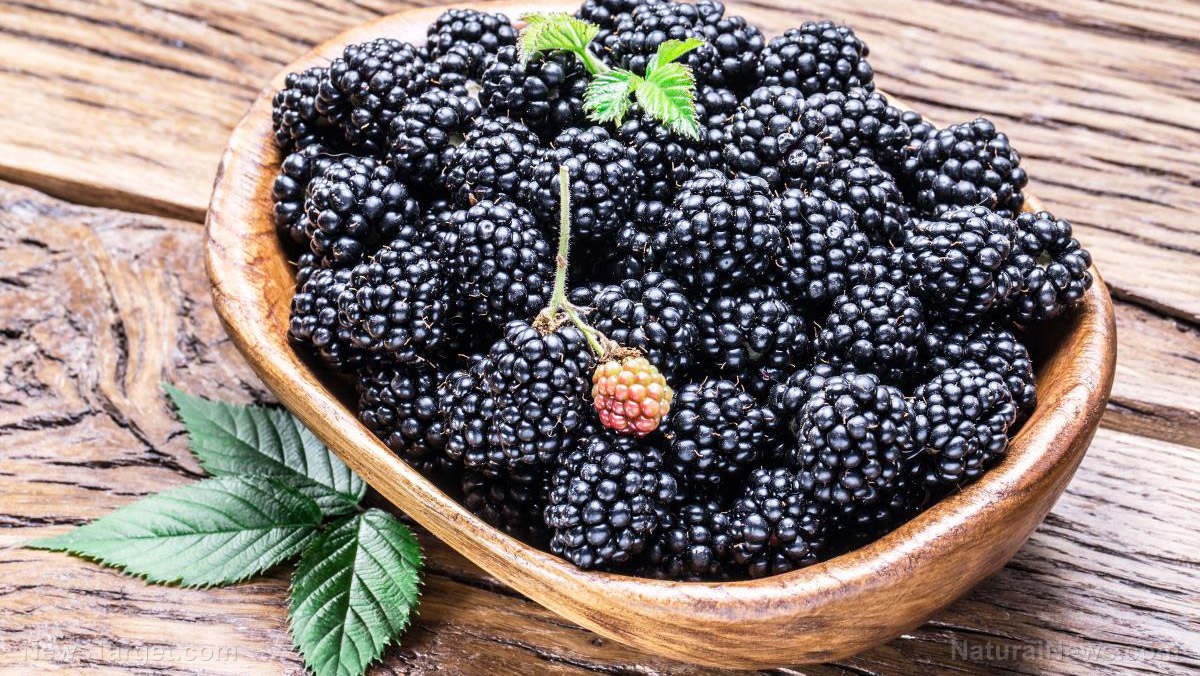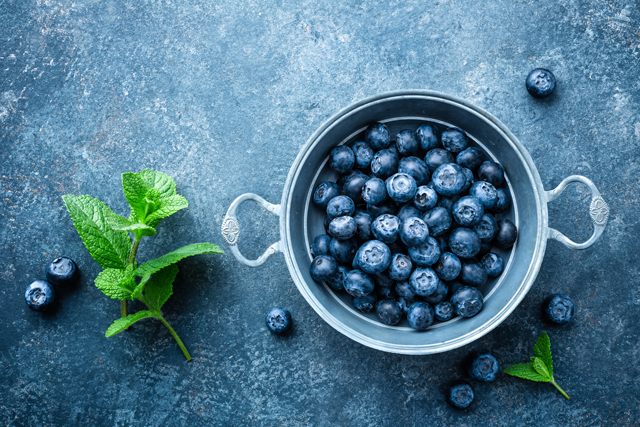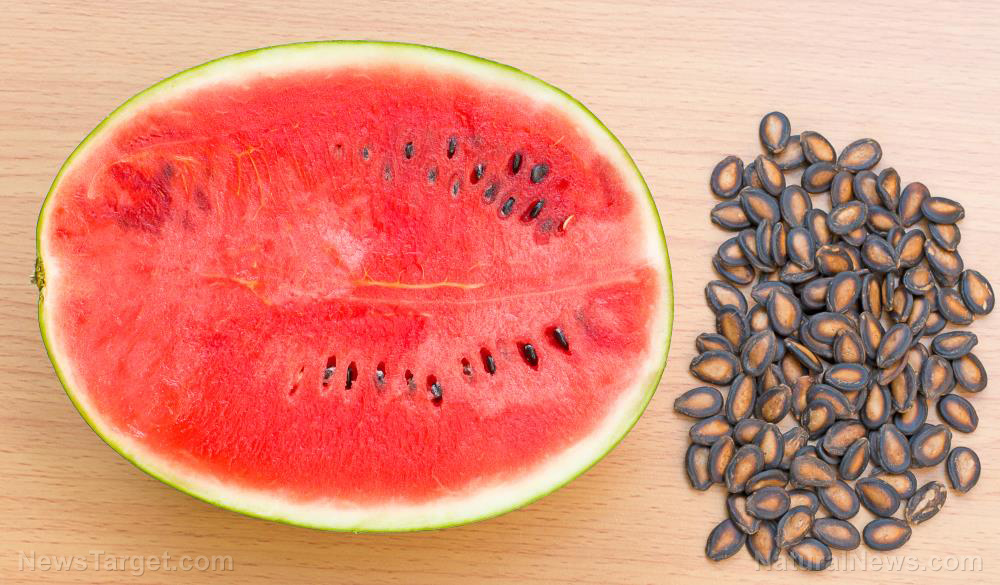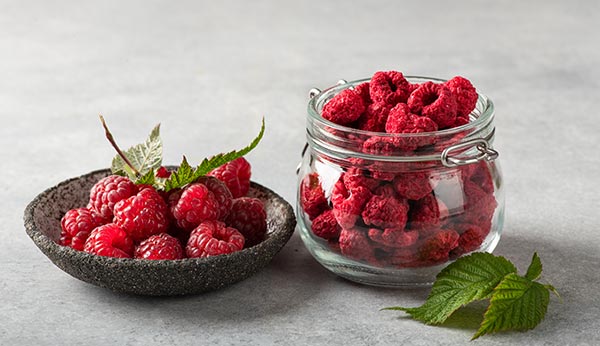Sunflower seeds: The tiny superfood with big health benefits
08/02/2025 / By Laura Harris

- Sunflower seeds are rich in healthy fats, protein, fiber, vitamins and minerals, supporting heart health, brain function and immunity.
- First cultivated around 3,000 BCE by Indigenous tribes in North America, sunflowers were later introduced to Europe and became a global staple.
- Sunflower seeds can promote cardiovascular health, digestion, skin vitality and energy metabolism, as well as reduce inflammation due to their antioxidant properties.
- Sunflower seeds can be eaten raw, roasted or ground. They can also be used in salads, smoothies, for baking and as a nut-free alternative in recipes.
- Sunflower seeds are a scientifically backed, nutrient-dense food that deserves a place in a well-balanced diet, especially when sourced organically.
In the diverse world of nuts and seeds, sunflower seeds stand out as a nutritional powerhouse that’s often overlooked. These small, grayish seeds with black-and-white striped shells are far more than bird food or a casual snack — they are nutrient-dense, versatile and increasingly recognized for their role in promoting heart health, brain function and balanced nutrition.
Sunflowers are native to North America and were first cultivated around 3,000 BCE by Indigenous tribes in present-day Mexico and the southwestern United States. Native Americans revered the sunflower for its nutritional and medicinal value, using not just the seeds but also the oil, petals and stalks.
By the 16th century, Spanish explorers had brought sunflower seeds to Europe, where they quickly gained popularity. Russia, in particular, embraced sunflowers and began cultivating them extensively, eventually developing high-oil varieties. In the 20th century, sunflower seeds re-entered the North American diet with renewed purpose, not just as a source of cooking oil but also as a standalone food.
Nutritional breakdown of sunflower seeds
Sunflower seeds are an exceptional source of essential nutrients, particularly healthy fats, protein, fiber and a wide array of vitamins and minerals. Here’s a closer look:
- High in polyunsaturated and monounsaturated fats, especially linoleic acid
- A one-ounce serving (about 28 grams, g) provides around 5-6 g of protein
- Fiber
- Vitamin E
- B vitamins, including folate, niacin and B6
- Magnesium
- Selenium
- Zinc
- Iron
Health benefits of sunflower seeds
Sunflower seeds may be tiny, but they’re a powerhouse of nutrients that contribute to overall wellness. Sunflower seeds can support a wide range of bodily functions, from heart health to immune defense.
- Cardiovascular health – Sunflower seeds are rich in heart-healthy fats, particularly polyunsaturated fats like linoleic acid, which can help lower LDL (bad) cholesterol levels. They also contain magnesium and vitamin E, both of which contribute to reduced blood pressure and improved overall heart function.
- Digestive health – With a good amount of dietary fiber, sunflower seeds help promote healthy digestion and regular bowel movements. Fiber also supports a healthy gut microbiota, which plays a crucial role in immunity and nutrient absorption.
- Skin health and immune function – Vitamin E in sunflower seeds act as a powerful antioxidant that protects skin cells from oxidative damage and promotes a youthful appearance. Vitamin E also enhances immune function by protecting immune cells from oxidative stress. (Related: Sunflower seeds are a delicious, healthy source of vitamin E.)
- Energy metabolism and brain function – Sunflower seeds are a rich source of B vitamins like niacin, folate and B6, all of which are essential for converting food into energy. These vitamins also support neurotransmitter function, aiding in memory, focus and mood regulation.
- Metabolic processes and immune defense – Minerals like zinc, selenium and iron in sunflower seeds play critical roles in enzyme function, hormone production and oxygen transport. These nutrients also help strengthen the immune system and support various metabolic activities throughout the body.
- Anti-inflammatory and antioxidant effects – Sunflower seeds contain plant compounds like flavonoids and phenolic acids, which have natural anti-inflammatory properties. These antioxidants help reduce chronic inflammation and protect cells from damage caused by free radicals.
Culinary uses of sunflower seeds
Sunflower seeds are incredibly adaptable and can be used in sweet and savory dishes. They can be eaten raw, roasted, sprouted, ground into butter or pressed into oil. In the culinary world, sunflower seeds are often used for crunch, flavor and a boost of nutrition.
Here are a few popular ways to use them:
- Sprinkled over salads, grain bowls and yogurt for a nutty crunch.
- Blended into smoothies for a plant-based protein and vitamin E boost.
- Used as a base for seed butters, similar to peanut or almond butter.
- Baked into bread, muffins, granola bars and crackers.
- Substituted for nuts in pesto, trail mix or energy balls.
Sunflower seeds may be small, but they pack a powerful nutritional punch. Their history is rooted in ancient cultures, and their benefits are increasingly validated by modern science. Whether you’re looking to add protein, healthy fats or antioxidants to your diet, sunflower seeds are a clean, plant-based ingredient that deserves a permanent spot in your pantry, especially when sourced organically.
This story is not medical advice and is not intended to treat or cure any disease. Always consult with a qualified naturopathic physician for personalized advice about your specific health situation or concern.
Visit NaturalNews.com, a great article source where you can learn about superfoods and their health benefits.
You can also try Brighteon.ai, an AI model created by the Health Ranger Mike Adams. This model is available as a free download to be run locally and is designed to help share and decentralize knowledge. By doing so, it aims to bypass censorship and empower people with knowledge.
If you’re looking for an uncensored video free speech website where you can openly discuss nutrition, natural medicine, ingredients and more, check out Brighteon.com and free speech social media sites, Brighteon.IO and Brighteon.social.
Watch this video to learn more about the power of nuts and seeds.
This video is from the Health Ranger Store channel on Brighteon.com.
More related stories:
Sunflower seeds, pistachios among top nuts for lowering cholesterol (press release).
Sunflower seeds: a good source of fiber, protein, vitamin E and more.
Get healthier gums and improved oral health with Mexican sunflower essential oil.
Sources include:
Submit a correction >>
Tagged Under:
antioxidants, food cures, food is medicine, food science, functional food, grocery cures, health science, healthy fats, ingredients, natural health, nutrients, nutrition, organics, seeds, sunflower seeds, vitamin E
This article may contain statements that reflect the opinion of the author
RECENT NEWS & ARTICLES
COPYRIGHT © 2017 TOP 10 GROCERY SECRETS

